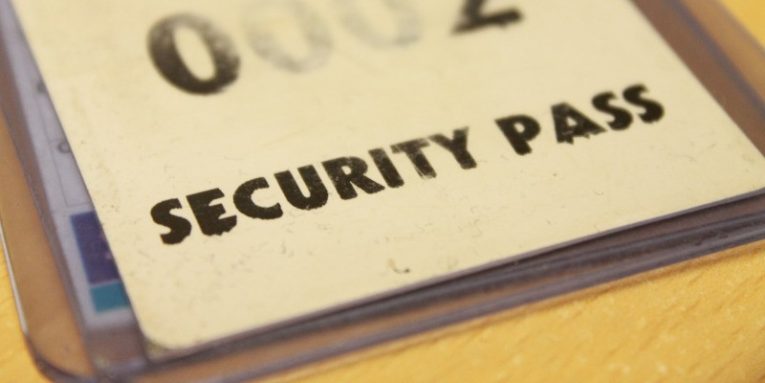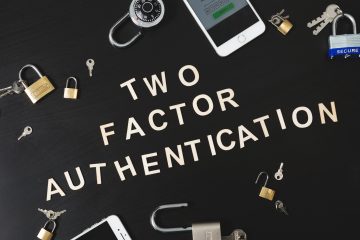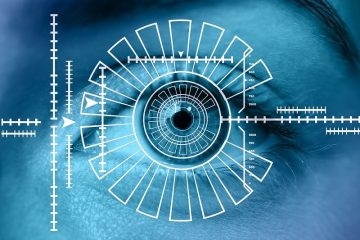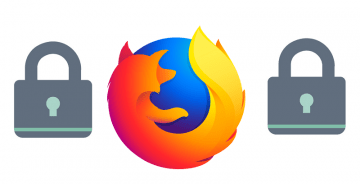Do You Know What 2FA Is? 72% of Americans Do Not

Whether you have an email account or a social networking account, you have an online identity. It is just as important to protect your online identity as it is your physical identity, and while not every person in this world gets it yet, more and more people begin to understand that virtual security is extremely important. Let’s say you are walking down the street and someone stops you. They tell you that they are representing a national survey and that they need your ID card number, full name, and contact details. It is most likely that, in such a situation, you tell the stranger that you are not interested in participating, and then you walk away with an uneasy feeling in your stomach. Who was that person? Why did they need information about you? What would have happened if you revealed your virtual identity?
Unfortunately, when we are online, we tend to be less careful. We often receive strange emails asking to disclose personal and identifying information. In some cases, strangers do not even need to ask for such information because it is already public and on display. Take a moment to think about all of your online profiles. Is your date of birth, full name, email address, or pet’s name public? If it is shared with “friends” only, are you sure that you know every one of these “friends” and that you can trust every one of them? Unfortunately, a lot of information is online, and some of that information can make it possible for cybercriminals to brute-force passwords. In many cases, people include their hometowns, street names, pets’ names, and similar data into the passwords they create. In other cases, they choose simple but weak combinations. Basically, cybercriminals do not need to work hard to guess or breach such passwords and then hijack personal accounts. While setting up strong passwords is crucial, even weaker passwords can work if two-factor authentication is employed.
Do you know what two-factor authentication is?
Two-factor authentication (2FA) is a method of online authentication. It’s all very simple, but a new study has revealed that only 28% of Americans can successfully identify an example of two-factor authentication. This is shocking. That means that 72% of Americans basically do not know what two-factor authentication is. They might have a general understanding of it, but when it comes to applying it in their day-to-day lives – they are lost. So, what is two-factor authentication, exactly? You can think of it as the second key to your door. If the first key is stolen, the thief, hopefully, cannot get in because they do not have that second key. The same goes for login authentication. If the attacker obtains your password, hopefully, they cannot breach your account because they do not have the secondary password that is sent to you via email or your phone as a text message. Obviously, if hackers can access your email account or your phone, they might still break in. That being said, two-factor authentication makes things safer.
Since two-factor authentication is integrated into most online services these days, there is no excuse for the users of Gmail, Instagram, Facebook, or other similar services not to use the feature. Unfortunately, the study presented by Pew Research Center clearly indicates that the virtual security literacy in this country has been put on the back burner by most people. Kids are not yet taught about virtual security at schools, and even companies fail to offer the most basic security guidelines to their employees. Unfortunately, failure to understand virtual security hurts everyone. Human error often causes massive data breaches that leak thousands of passwords. Cybercriminals take these passwords and use them to hijack the accounts of unsuspecting users. Although the security of your accounts is not always in your own hands, if two-factor authentication is available, you have no one to blame for successful attacks but yourself. Let us put it simply: two-factor authentication is IMPORTANT.
Two-factor authentication compliments passwords
You should not look at two-factor authentication and passwords as two separate things. 2FA is meant to compliment your passwords, but you should definitely start with the passwords. Hopefully, you do not choose password123, bealestreet5, ucla4life, or something like that as keys to your online accounts. The passwords you set up have to be strong, and even if there is always a risk that the company responsible for keeping them safe will drop the ball, you have to do your part. So, what is a strong password, and how does it look? You can continue reading here to learn more, but, basically, a strong password is one that is unique, complex, long, and contains a combination of upper/lower-case letters, symbols, and numbers. It is important to note that although you are not always given the chance to use a combination of different characters, you have to make sure that you exploit the available options. So, for example, if you can only use numbers, use the longest combination you can, and make sure that the numbers are random and do not include your personal data. We suggest employing Cyclonis Password Manager to have strong passwords generated automatically.
Although two-factor authentication is not invincible, you need to exploit every option you have to ensure that your virtual accounts cannot be breached by anyone. That means that you need to set up strong passwords, enable two-factor authentication, and, potentially, employ other security measures. For example, on Facebook, you can set the settings to warn you when someone tries to log in from an unknown device or location. What security solutions are available to you depends on the service you use, and it is up to you to go through the settings and pick and choose the solutions that are important to you. It is also important that you do not get too comfortable. The virtual security game is ever-changing, and if you do not stay on top of the latest security news, the latest updates, or the latest additions to the arsenal of security tools, you might fail to protect yourself. At the end of the day, you do not want to be part of the 72% of people who are not safe because they do not understand the basics. As Sir Francis Bacon once said, knowledge is power.








